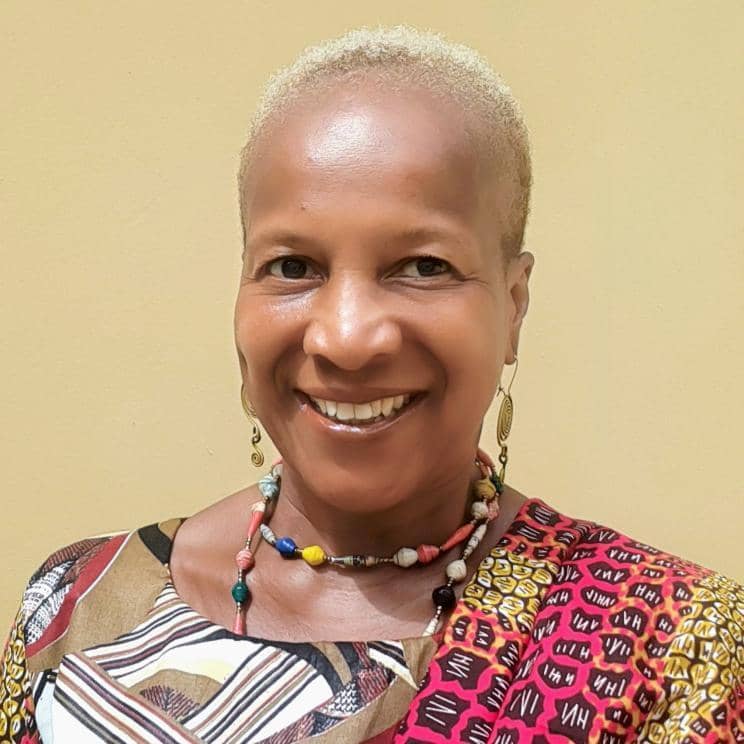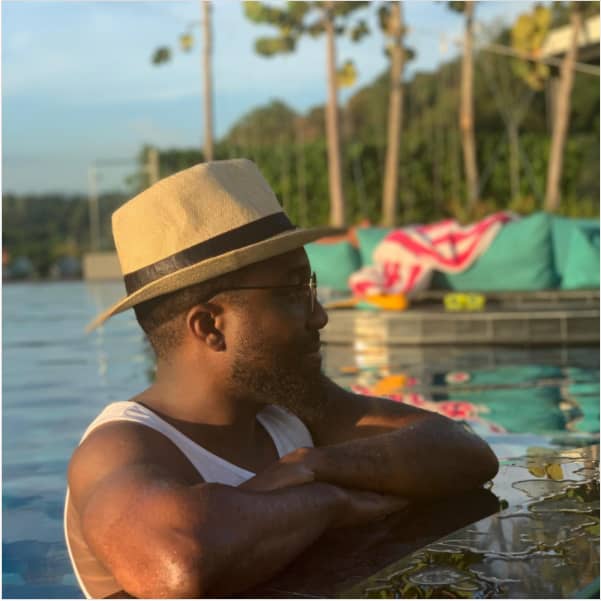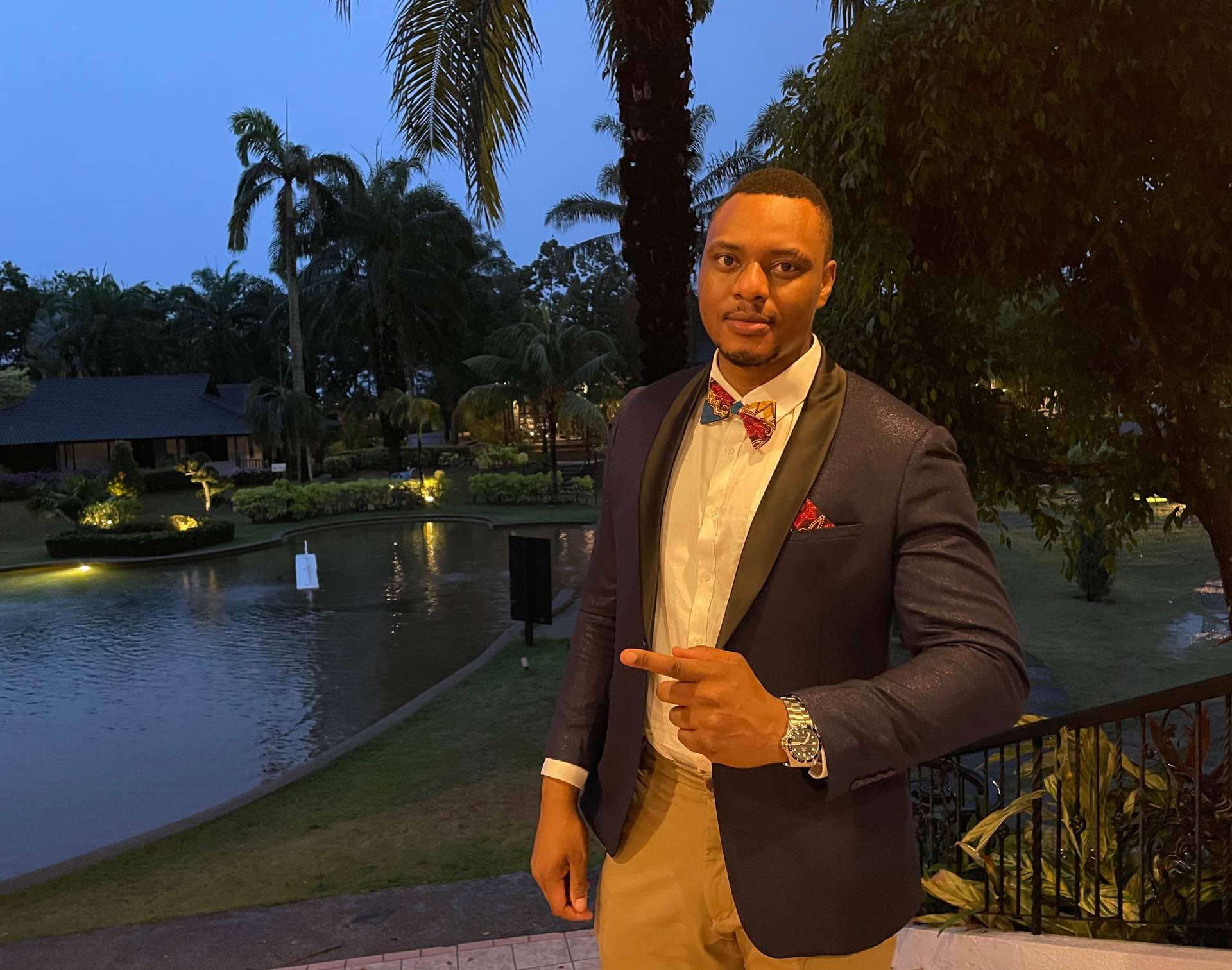“I’m undateable. At least that’s what I was told by a man who tried to date me last year.”
I’m undateable. At least that’s what I was told by a man who tried to date me last year.
I think of myself as an intelligent, thoughtful and carefree traveler – which is true, on my better days, at least. This dude, though? He described me as too difficult, too political and, well, undateable. In fact, after his awful experience trying to date me, he proclaimed he might never date another Black American woman.
Sorry, ladies.
At first, he broke up with me without explanation. After several months of dating, I traveled to the U.S. for work and family. He took this opportunity to go cold – stopped returning my phone calls, offered a few shady lies, and even tried to send his friend to my apartment to collect some of his things while I was still out of town. I figured out I had been dumped, but I didn’t understand why.
A few months later, I found myself in a café having a “relationship debrief.” Although I hoped he would toss some closure my way, he only came with some basic bullshit. For starters, he suggested I should be more like Margaret Thatcher.
That’s right, Margaret Thatcher.
“You know, Dana,” he explained, “you don’t have to make everything about politics and Black people’s issues. Think about Margaret Thatcher. She could talk about politics all day. But when she came home, she was just a wife.”
Okay, my fault. I should have mentioned that I date assholes. And this Black British man who deemed me an undateable Black American is clearly trash. But I’d be lying if this assessment didn’t give me pause. Not that I’m about to start praying to the (presumed) good-wife ghost of Margaret Thatcher. But could there be some truth under the many layers of wrong in his statement?
Now that I’m no longer living in the U.S., should I invest in some race-based chill pills? Should I have suspended my understanding of history and white supremacy that time he wanted to see Tarzan, and just enjoyed the “white man in Africa” narrative like the rest of the fun-loving, dateable people? Should I have censored my anger about police brutality, anti-Black discrimination and economic oppression? Am I the only one feeling oppressed just by…being?
For this Black British man who spent his teenage years in Nigeria, implications of race are not imbedded in every human interaction. And when race is brought up, I guess he weighs it on a case-by-case basis, giving white people the benefit of the doubt.
For me though, the doubts get no benefit. I’m looking at everything and everyone through the lens of my Black woman experience.
I’m evaluating all interactions based on my Black people history. And I’m questioning everything based on my Black consciousness.
“To be a Negro in this country and to be relatively conscious is to be in a rage almost all the time.” – James Baldwin
Having grown up in the United States, I’ve been forced to view race critically. I learned how to tie my shoes tightly, how to cross the street safely, and how to interact with white people wisely. At home, I learned about the brutal histories of my Black ancestors. At school, I learned to view lessons about Black history with skepticism. I learned the police are not necessarily on Black people’s side. I learned that justice is never ours – especially if we’re poor. I learned to fear for the safety of Black people in white spaces. I also learned to be angry.</p>
Psychological research reveals that racism, including microaggressions, contributes to symptoms of posttraumatic stress disorder (PTSD). In Psychology Today, Dr. Monnica Williams explains:
“We are surrounded by constant reminders that race-related danger can occur at any time, anywhere, to anyone. We might see clips on the nightly news featuring unarmed African Americans being killed on the street, in a holding cell, or even in a church. Learning of these events brings up an array of painful racially-charged memories, and what has been termed ‘vicarious traumatization.’ Even if the specific tragic news item has never happened to us directly, we may have had parents or aunts who have had similar experiences, or we know people in our community who have, and their stories have been passed down. Over the centuries the Black community has developed a cultural knowledge of these sorts of horrific events, which then primes us for traumatization when we hear about yet another act of violence. Another unarmed Black man has been shot by police in our communities and nowhere feels safe.”
There’s no chill pill large enough to deal with this life.
I’m not saying I have PTSD, although I might. My DNA holds the pain of my ancestors. And my blood continues to boil over countless current events. It’s simply a fact that I’m deeply affected by my upbringing in the U.S., whether or not I continue to live in the country. This is who I am, which I would never compromise – for a Black British man or anyone else.
So, when I find myself in a café, hearing that my politics and Black consciousness have put a damper on a man’s quality of life, I think that man has a point. Whether it’s because of our very different upbringings, our distinct histories or his lack of socio-political awareness, he and I were never meant to be.
I’m looking for a partner who can relate or empathize with my pain, anger or frustration when they arise – no matter his nationality. I’m looking for someone who’s down for the revolution, and willing to talk about it on a near-daily basis. And I’m definitely looking for a man who knows better than to expect a woman to be “just a wife.”
So good riddance to the Black British man who prefers Tarzan and Margaret Thatcher over me. Because, in fact, he is the one who is undateable.
This post originally appeared on The Black Expat on 26 July 2017.
Born and raised in the American city of Philadelphia, Dana Saxon’s primary regret as a child was being born after the Black Power movement. She acquired her first passport as a teenager and has sought excuses to leave the country ever since. In 2011, Dana made the official expat move, hopping on a plane and making a home in The Netherlands. Now you’re most likely to find her in a library or wifi-friendly café, managing her start-up business, Ancestors unKnown.
The Other Expats community welcomes voices from many spheres. We publish pieces written by contributors with a wide range of opinions, which don’t necessarily reflect our own.










